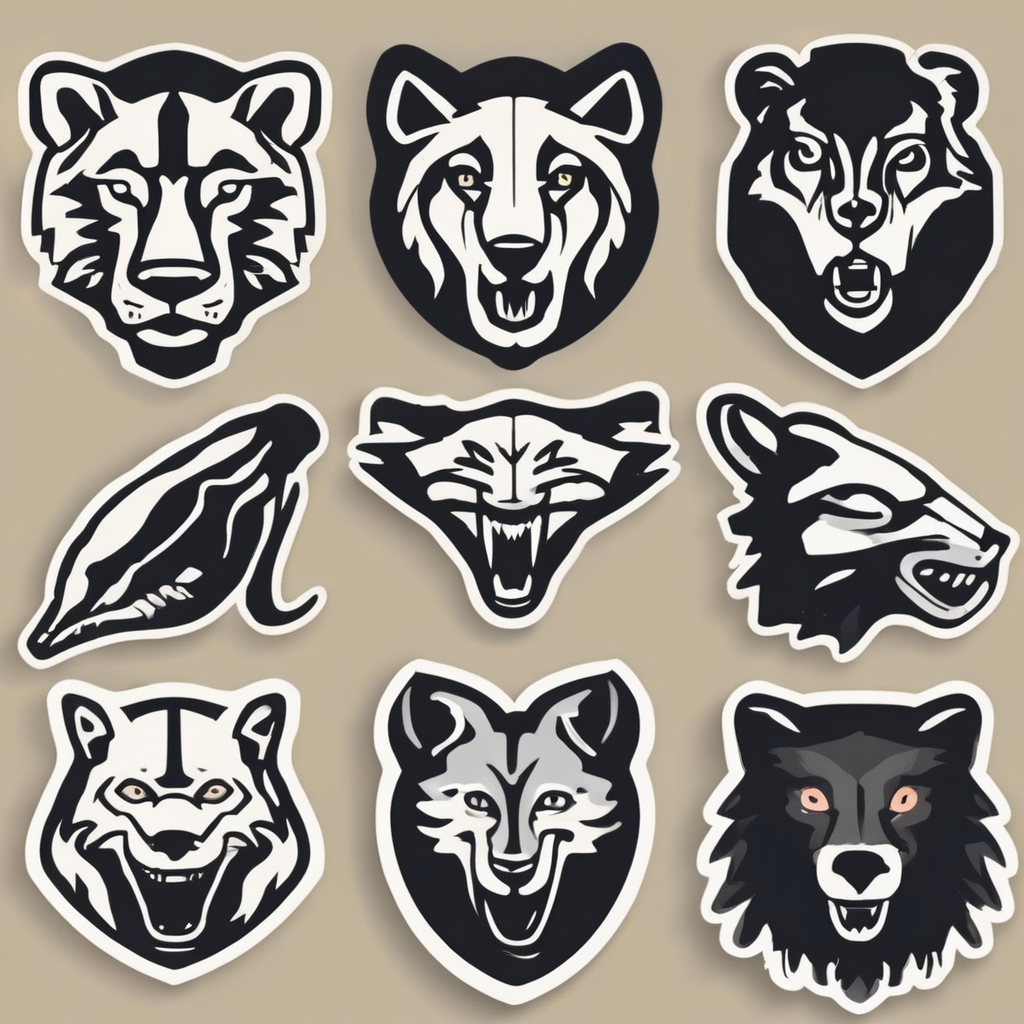Identifying Signs of Heat Exhaustion in Maine Coon Cats
It is crucial to recognize the signs of heat exhaustion in Maine Coons, especially during a heatwave in the UK. Common signs of heat exhaustion in cats include excessive panting, excessive salivation, lethargy, and vomiting. However, Maine Coons may exhibit specific symptoms due to their unique physical traits. For example, their long fur can worsen overheating, leading to more pronounced lethargy and breathing difficulties. It is essential to observe behavioral changes during hot weather. A cat that usually enjoys playing may lose interest and hide more often.
Maine Coons may also drink excessively or seek out cooler surfaces like bathroom tiles. Careful monitoring of these signs is especially important when UK temperatures rise unexpectedly. Behavioral differences, such as decreased sociability, are common during heatwaves and indicate stress caused by environmental changes. These symptoms are not only reactive but also preventive. Early observation allows owners to act before a veterinary emergency occurs. Understanding these subtle yet important symptoms can significantly improve the quality of care and safety provided to these beloved animals during heatwaves.
This might interest you : How does spaying or neutering impact my cat’s behavior and health in the long run?
Preventive Measures to Keep Maine Coons Cool
Keeping Maine Coons cool during a heatwave is essential for their well-being. To help cool them down, it is recommended to maintain an indoor temperature below 24°C (75°F) and ensure proper ventilation. Opening windows with screens or using fans and air conditioners can help create a comfortable environment. Cooling mats are especially effective for long-haired breeds like Maine Coons, providing a convenient surface for dissipating heat.
Creating shaded areas inside the home offers additional relief. Curtains or blackout blinds can block sun-exposed windows, keeping rooms cooler. Hydration is key to preventing heat-related issues. Always provide fresh water in multiple locations. Some cats enjoy having ice cubes in their bowls, which offers both entertainment and comfort.
Also read : The Definitive Guide for Cat Owners: Seamlessly Transition to a New Litter Brand in Simple Steps
Dietary choices can also affect heat management. Wet food helps with hydration, unlike dry kibble, which may require increased water intake. Carefully watch your Maine Coon’s behavior and environment for any signs of discomfort. These simple yet effective strategies are vital to prevent heat-related problems and ensure a safe, pleasant summer for your feline companion.
Case Studies and Weather Statistics
UK heatwaves significantly impact pet safety, especially for dense-furred cats like Maine Coons. Historical data shows that during heatwaves, veterinary clinics frequently report increases in heat-related incidents involving pets. These statistics highlight the urgent need to address the effects of heatwaves on these animals.
Weather trends in the UK indicate an increase in the frequency and intensity of heatwaves, amplifying risks for pets. Maine Coons are particularly vulnerable, as case studies reveal tendencies toward heat exhaustion due to their particular anatomy. Cases often present with symptoms such as excessive salivation and panting, clear signs of distress.
Crucial statistics on pet safety during summer months emphasize the importance of considering these trends. Analysis of veterinary reports indicates that rapid intervention can significantly improve outcomes for affected animals. Moreover, these trends point to a growing need for proactive care measures for Maine Coons to ensure their well-being amid rising temperatures. Addressing these weather conditions with informed strategies enables owners to better protect their pets under challenging conditions, minimizing health risks linked to heat exposure.
When to Seek Veterinary Help
Maine Coon owners must remain vigilant for veterinary emergency signs during heatwaves. Treatment for heat exhaustion is critical if your cat shows severe symptoms. Immediate intervention is essential if your Maine Coon exhibits persistent lethargy, unresponsive behavior, or difficulty breathing. These signs indicate a worsening condition requiring urgent medical care.
Veterinarians typically administer intravenous fluids to rehydrate and stabilize affected cats. This treatment prevents dehydration and restores normal bodily functions. Observing your cat closely and acting quickly can prevent complications such as organ damage caused by prolonged heat exposure.
Early intervention is crucial in severe cases to avoid worsening health risks. Recognizing heat stress signs promptly can mean the difference between successful recovery and disastrous outcomes. Regular monitoring enables rapid response and ultimately helps preserve your Maine Coon’s health. Knowing when to consult a vet greatly increases the chances of a positive prognosis.
